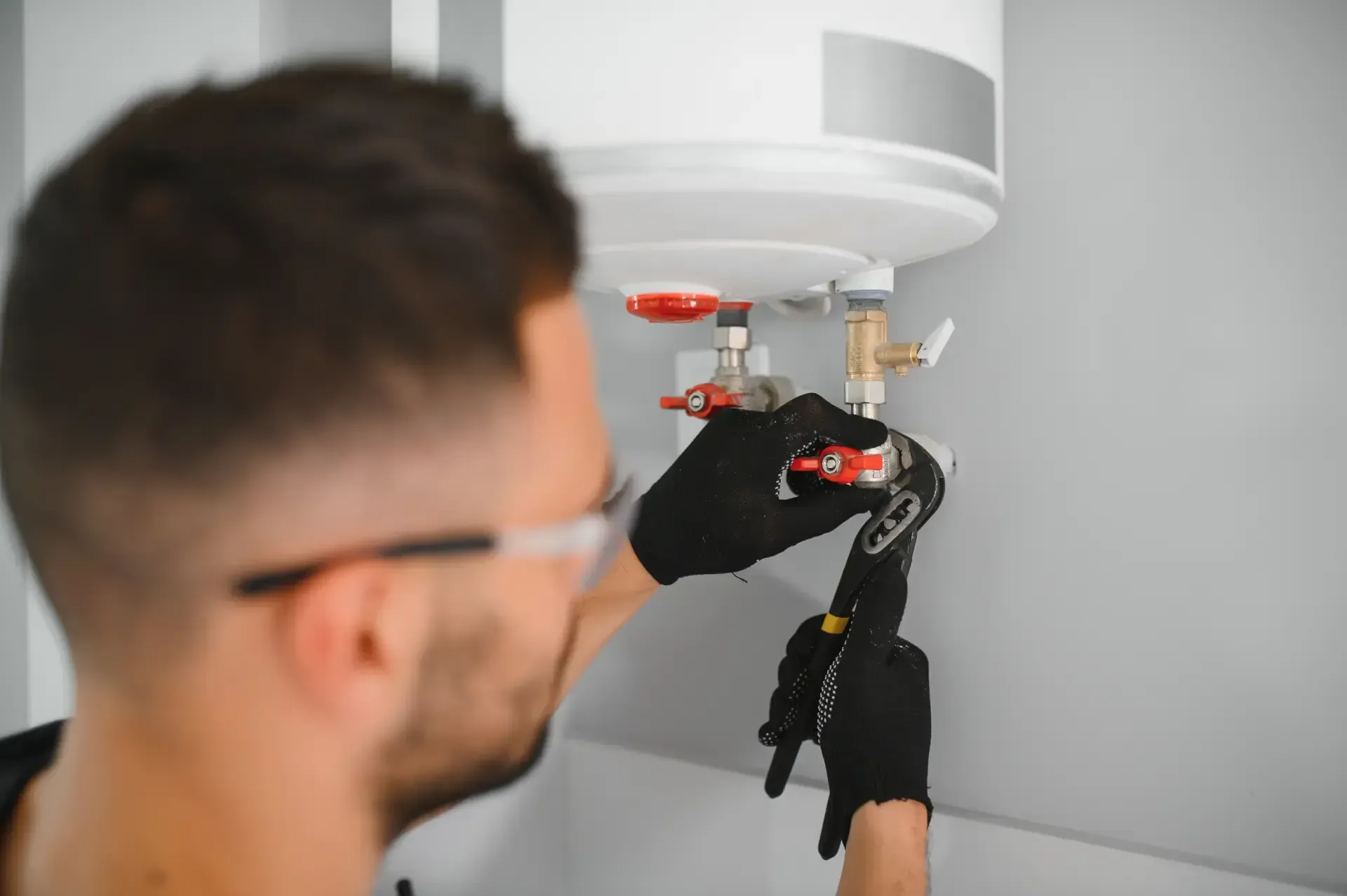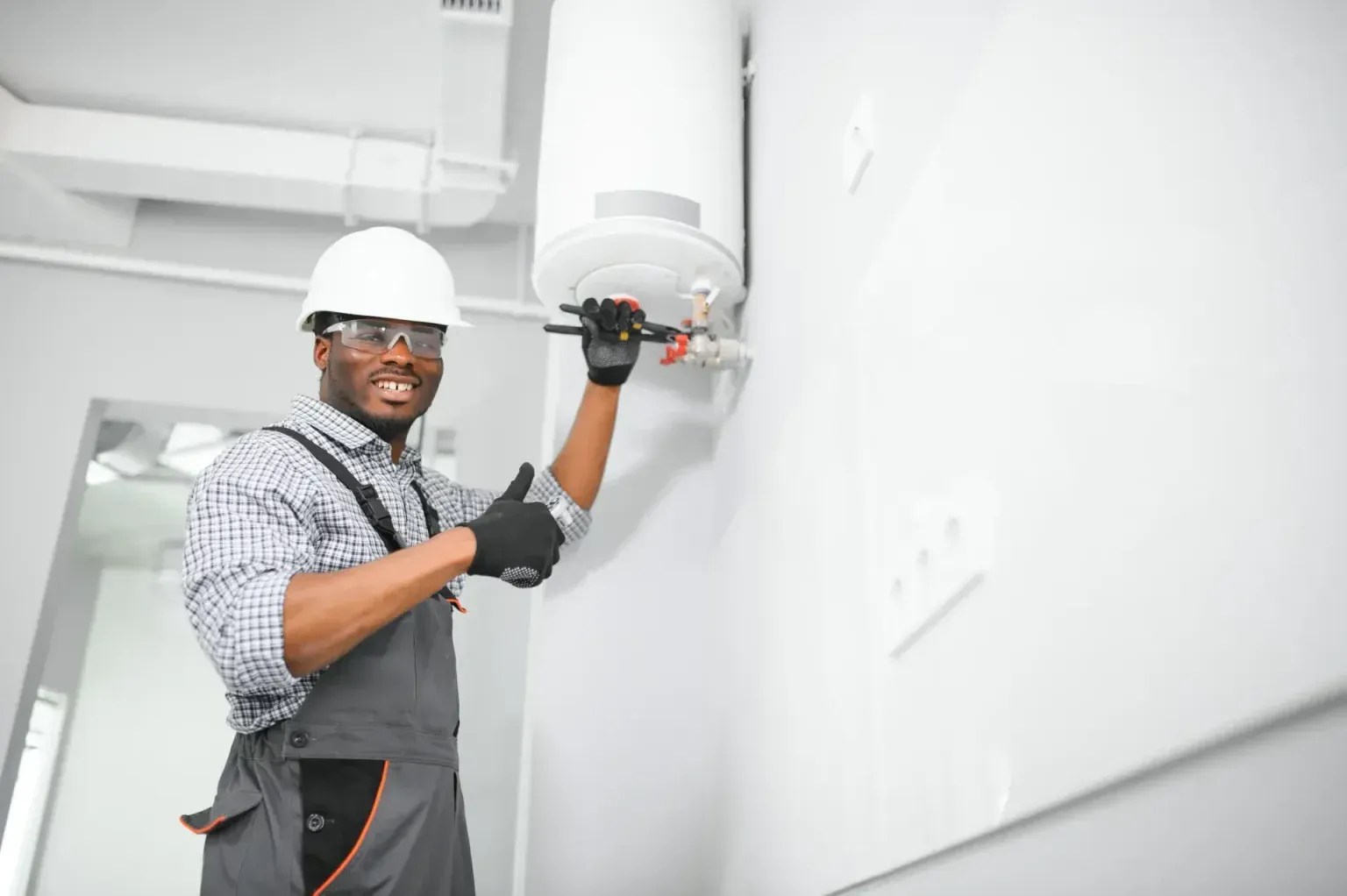Exploring Types of Boilers: Best Choices for Homeowners
Choosing the right boiler type can feel overwhelming with so many options. This guide explains the various types of boilers, helping you find the perfect one for your hot water and heating needs. We’ll cover everything from fuel sources and energy efficiency to boiler designs like conventional and combination boilers, making the selection process easier.
Understanding Boiler Types
A boiler heats water, providing hot water or steam for heating. Many boiler types exist, each with pros and cons. The best boiler type depends on factors like available fuel types, efficiency needs, and budget. Choosing the right boiler is key for a comfortable home.
Each boiler type offers distinct advantages. Understanding these differences is crucial for making informed decisions about your heating system. Let’s explore the common boiler types to guide your choice.

Boiler Types Based on Fuel
A boiler’s fuel source is a major factor. It impacts energy efficiency, installation, costs, and safety. Consider these aspects when choosing a fuel source for your boiler.
Natural Gas Boilers
Natural gas boilers are the most common boiler type. They are known for their cost-effectiveness, efficiency, and reliability. Natural gas boilers are widely available from various manufacturers and suppliers.
Oil Boilers
Oil boilers are common where natural gas isn’t available. They are efficient but need oil storage. Newer models are more energy efficient. Consider the system’s age and condition.
Electric Boilers
Electric boilers are smaller, quieter, and have no exhaust gases. They are ideal for smaller spaces or homes without a gas line. Electric boilers can be costly where electricity prices are high, especially during peak hours. Backup power options, like generators or additional gas-fueled appliances, can help if power outages are a concern.
Boiler Types Based on Design and Function
Boilers also differ in how they operate. This impacts efficiency, maintenance, and suitability for different applications. You’ll want to choose a design based on your specific requirements.
Several factors can influence the type of boiler needed. A water boiler is a common choice for residential use. A combination boiler combines both hot water and central heating systems, streamlining operation. A regular boiler uses a hot water cylinder for storing heated water. It’s helpful to compare these water boilers and other available systems.
Condensing Boilers
Condensing boilers are highly efficient. They recapture heat from water vapor, lowering energy consumption and fuel costs. This makes them a popular energy-efficient option.
Consider a condensing boiler if reducing your energy bills is a top priority. It may have higher initial costs, but over time will make savings due to energy efficiency.
Combi Boilers
Combi boilers, or combination boilers, are both a water heater and a central heating boiler. They’re perfect for small spaces, eliminating the need for a separate hot water heater.
Consider this case study. A family of four in a cold climate wants to replace their old boiler. They want energy efficiency and reliability. A natural gas condensing boiler or a highly efficient gas combi boiler could be good choices for providing heat. These heating solutions could provide adequate heating water.

In colder regions, central heating is important to provide heating. Homeowners want an easy-to-install solution and essential heating systems. Homeowners usually choose conventional boilers with separate hot water cylinders for consistent performance. Combination boilers provide instant hot water but aren’t suitable when both central heating and high water flow are needed concurrently. These conventional or combination boilers with a separate water tank often include a water cylinder for better temperature stability.
Boiler technology plays an essential role. Combi boilers can deliver instant hot water, whereas a water heater uses gas boilers to offer similar solutions. In choosing between boiler types, assess factors like water demand and ease of maintenance to pick an ideal solution. This applies when picking an appropriate heating boiler and a central heating boiler to satisfy specific needs. This is why learning more about heating systems and what different boilers require for installation is vital. Boilers offer effective heating and provide hot water in homes and other settings.
Conclusion
Choosing a boiler might seem complicated with all the different boiler types. By considering fuel type, boiler design, efficiency, and your needs, you can find the perfect fit. Assess your space, current plumbing, energy costs, family size, and priorities to ensure efficient heating. With proper knowledge of the types of boilers, you can make your home more comfortable and efficient!
Contact us today for more information or to schedule a free consultation.
Breathe Easy, Live Healthy
A comfortable home isn’t just about plush furniture or aesthetically pleasing decor. It’s also about creating a safe and healthy environment for all inhabitants. Prioritizing duct cleaning is integral in enhancing indoor air quality, paving the way for better health and overall well-being.
For those keen on elevating the air quality in their homes and reaping the numerous benefits of clean air ducts, don’t hesitate. Contact Economy Heating & Air to get the job done right and breathe a sigh of relief!

